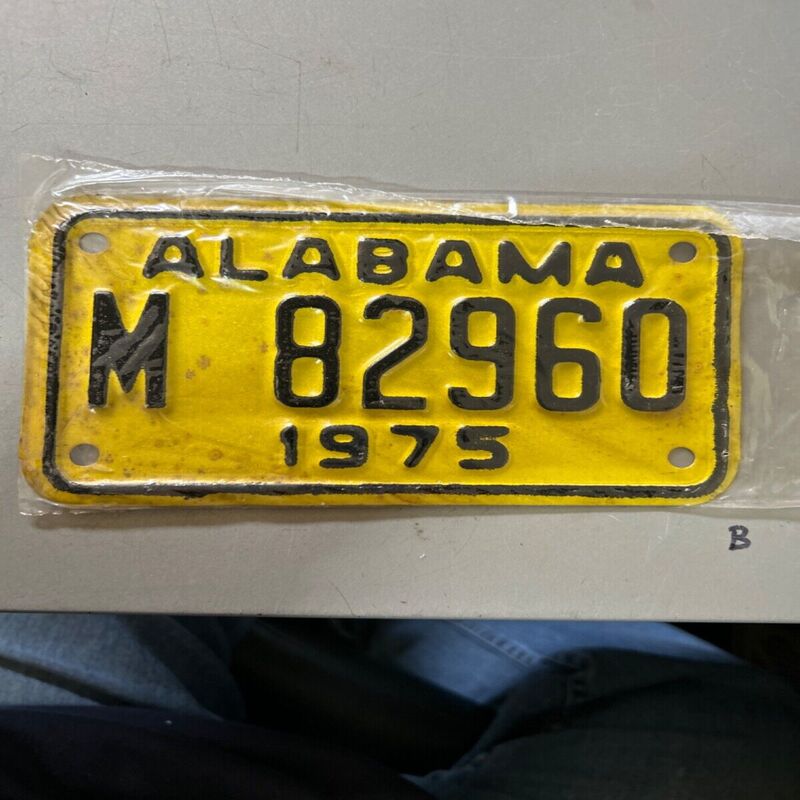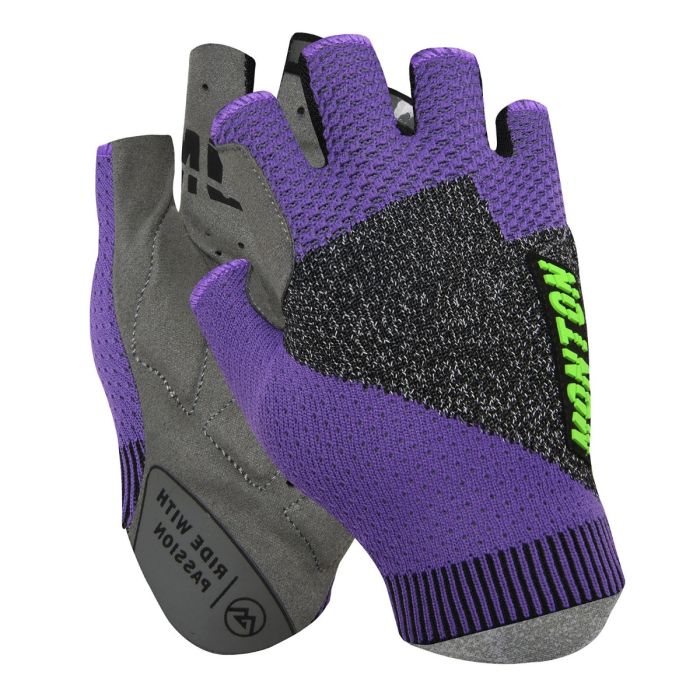Obtaining a motorcycle license in Alabama is a multi-step process that ensures riders have the necessary skills and knowledge to operate a motorcycle safely. Whether you’re a new rider or looking to add a motorcycle endorsement to your existing driver’s license, understanding the requirements and steps involved can make the process smoother. This comprehensive guide will cover all aspects of obtaining a motorcycle license in Alabama, including eligibility criteria, necessary documentation, the testing process, and safety tips. Therefore, by the end of this article, you’ll be well-informed and prepared to embark on your journey to becoming a licensed motorcycle rider in Alabama.
Eligibility Requirements for a Motorcycle License
Before applying for a motorcycle license in Alabama, you must meet certain eligibility criteria. Therefore, understanding these requirements is the first step in the process.
Age Requirements
In Alabama, the minimum age to apply for a motorcycle license is 16 years. However, riders aged 16 and 17 must first obtain a learner’s permit. This permit allows young riders to practice and gain experience before applying for a full license. Riders aged 18 and older can directly apply for a motorcycle endorsement on their existing driver’s license or a standalone motorcycle license. Therefore, the age requirements ensure that aspiring riders have the maturity and basic driving experience needed for safe motorcycle operation.
Residency and Documentation Requirements
To apply for a motorcycle license in Alabama, you must be a resident of the state. Proof of residency can include utility bills, lease agreements, or mortgage statements. Additionally, you will need to provide identification documents, such as a valid U.S. passport, birth certificate, or Social Security card. Non-U.S. citizens must provide valid immigration documents. Having the necessary documentation ready can streamline the application process and prevent delays. Therefore, meeting the residency and documentation requirements is crucial for obtaining a motorcycle license in Alabama.
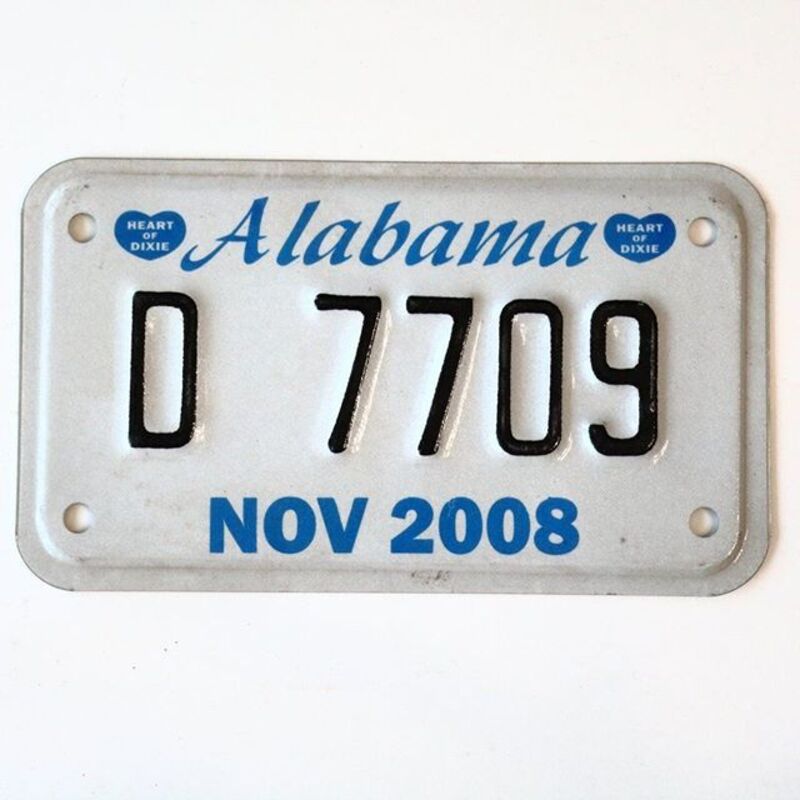
Obtaining a Learner’s Permit
A learner’s permit is an essential step for young riders and those new to motorcycle riding. Therefore, understanding the process of obtaining a learner’s permit is critical.
Written Knowledge Test
The first step in obtaining a learner’s permit in Alabama is passing a written knowledge test. This test assesses your understanding of traffic laws, road signs, and motorcycle-specific regulations. The Alabama Motorcycle Operator Manual is an excellent resource for preparing for the test. It covers essential topics such as safe riding practices, handling hazardous conditions, and motorcycle maintenance. Studying this manual thoroughly increases your chances of passing the test on the first attempt. Therefore, preparation is key to succeeding in the written knowledge test.
Permit Restrictions
Once you obtain a learner’s permit, certain restrictions apply to ensure your safety as you gain riding experience. You are required to wear a helmet at all times while riding. Additionally, you are prohibited from riding on interstate highways and from carrying passengers. These restrictions aim to minimize risks and allow you to focus on developing your riding skills. Complying with these permit restrictions is essential for progressing to a full motorcycle license. Therefore, understanding and adhering to permit restrictions is crucial for safe riding practice.
Steps to Obtain a Full Motorcycle License
Obtaining a full motorcycle license in Alabama involves multiple steps. Therefore, understanding this process ensures you meet all requirements efficiently.
Road Skills Test
After practicing with a learner’s permit, the next step is passing the road skills test. This test evaluates your ability to handle a motorcycle in various scenarios, including turning, stopping, and maneuvering through obstacles. Scheduling the road skills test in advance is essential, as slots can fill up quickly. Practicing these skills in a safe, controlled environment can help build confidence and improve performance during the test. Therefore, preparing thoroughly for the road skills test is crucial for obtaining a full motorcycle license.
Motorcycle Safety Course
While not mandatory, completing a motorcycle safety course can significantly benefit aspiring riders. In Alabama, the Motorcycle Safety Foundation (MSF) offers courses that provide hands-on training and valuable safety tips. Participants often receive a completion certificate, which may exempt them from the road skills test. Moreover, some insurance companies offer discounts to riders who have completed a safety course. Therefore, taking a motorcycle safety course can enhance your riding skills and offer additional benefits.
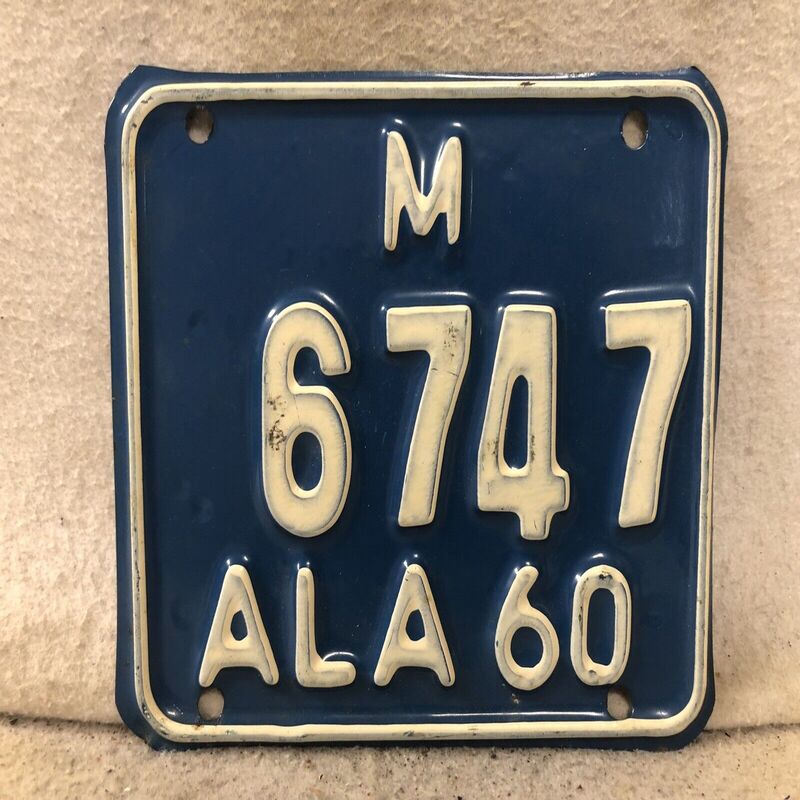
Required Documentation and Fees
Having all necessary documentation and understanding the associated fees can streamline the process of obtaining a motorcycle license. Therefore, being prepared with this information is essential.
Required Documents
When applying for a motorcycle license, you must present several documents. These include proof of identity, such as a U.S. passport or birth certificate, and proof of residency, like a utility bill or lease agreement. If you are converting a learner’s permit to a full license, you’ll need to bring the permit and any completion certificates from safety courses. Additionally, non-U.S. citizens must provide valid immigration documents. Ensuring you have all required documents ready can prevent delays and complications. Therefore, gathering the necessary documentation is a critical step in the application process.
Fees and Payment Methods
Obtaining a motorcycle license in Alabama involves certain fees. These include the cost of the written knowledge test, learner’s permit, and road skills test. The total fee can vary depending on whether you are applying for a standalone motorcycle license or a motorcycle endorsement on an existing driver’s license. Accepted payment methods typically include cash, credit/debit cards, and money orders. Knowing the exact fees and payment options ahead of time ensures a smooth application process. Therefore, being aware of the fees and payment methods is essential for budgeting and planning.
Renewing and Replacing Your Motorcycle License
Maintaining a valid motorcycle license requires timely renewals and understanding the process for replacements if needed. Therefore, knowing these procedures is vital for continuous legal operation.
Renewal Process
Motorcycle licenses in Alabama typically need renewal every four years. The renewal process can be completed online, by mail, or in person at an Alabama Department of Public Safety (AL DPS) office. You’ll need to provide your current license, proof of identity, and payment for the renewal fee. Online and mail renewals are convenient options that save time and effort. However, if any personal information has changed, an in-person visit may be necessary. Therefore, understanding the renewal process ensures you maintain a valid motorcycle license.
Replacing a Lost or Stolen License
If your motorcycle license is lost or stolen, obtaining a replacement is crucial. You can request a replacement online, by mail, or in person at an AL DPS office. You’ll need to provide identification documents and pay a replacement fee. Reporting a stolen license to local law enforcement can also help prevent identity theft. Renewing or replacing your license promptly ensures you remain compliant with Alabama’s motorcycle riding regulations. Therefore, knowing how to replace a lost or stolen license is essential for maintaining legal riding status.
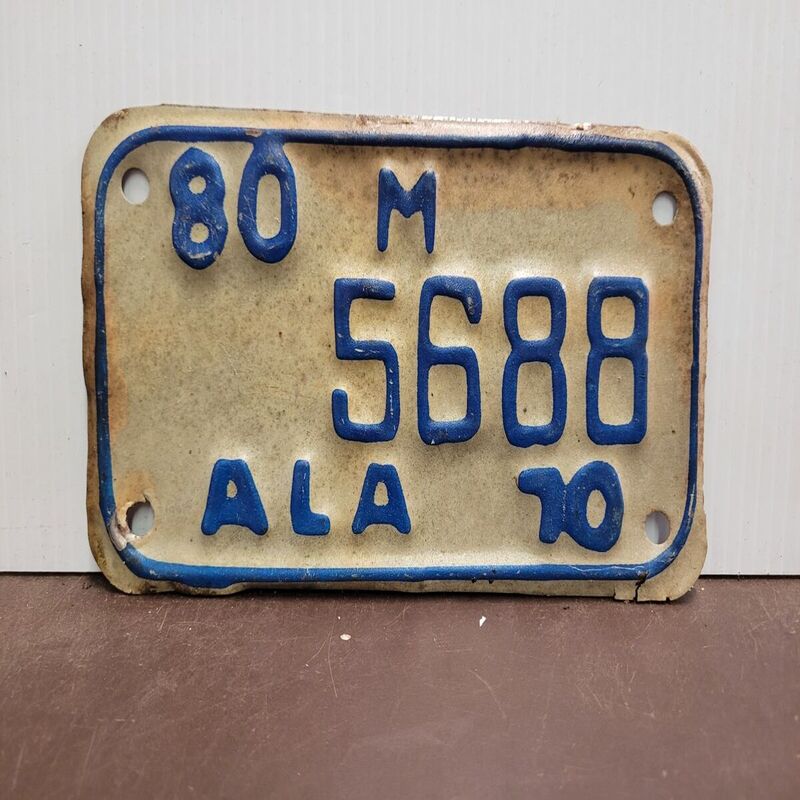
Safety Tips for Alabama Motorcycle Riders
Riding a motorcycle involves inherent risks. Therefore, practicing safety measures is crucial for protecting yourself and others on the road.
Wearing Protective Gear
Wearing appropriate protective gear significantly reduces the risk of injury in case of an accident. A DOT-approved helmet, sturdy gloves, and abrasion-resistant clothing are essential. Reflective gear or clothing with bright colors increases visibility, especially during low-light conditions. Additionally, wearing proper footwear with good grip helps maintain control of the motorcycle. Investing in quality protective gear is a wise decision for long-term safety. Therefore, consistently wearing protective gear is a fundamental safety practice for motorcycle riders.
Practicing Defensive Riding
Defensive riding involves being aware of your surroundings and anticipating potential hazards. Always maintain a safe following distance and be prepared for sudden stops or lane changes by other vehicles. Use turn signals to indicate your intentions and avoid riding in blind spots. Being extra cautious at intersections and during inclement weather can prevent accidents. Regularly practicing defensive riding skills enhances your ability to navigate safely through various traffic situations. Therefore, adopting a defensive riding approach is essential for reducing the risk of accidents.
Additional Resources and Support
Access to additional resources and support can enhance your motorcycle riding experience. Therefore, seeking out these resources ensures continuous learning and improvement.
Alabama Motorcycle Operator Manual
The Alabama Motorcycle Operator Manual is an invaluable resource for both new and experienced riders. It covers essential topics like traffic laws, safe riding practices, and motorcycle maintenance. Studying this manual can help you prepare for the written knowledge test and the road skills test. Keeping a copy handy for reference ensures you remain informed about current regulations and best practices. Therefore, utilizing the Alabama Motorcycle Operator Manual is crucial for informed and safe riding.
Local Motorcycle Clubs and Groups
Joining local motorcycle clubs and groups can provide valuable support and camaraderie. These organizations often offer group rides, safety courses, and social events. Participating in group activities allows you to learn from more experienced riders and improve your skills. Many clubs also engage in community service and advocacy efforts, promoting motorcycle safety and awareness. Therefore, becoming a member of a local motorcycle club or group can enrich your riding experience and expand your network.
Conclusion
Obtaining a motorcycle license in Alabama is a step-by-step process that ensures you are well-prepared for safe and responsible riding. Understanding the eligibility requirements, such as age and residency, is the initial step. For young riders, obtaining a learner’s permit involves passing a written knowledge test and adhering to specific restrictions. The transition to a full motorcycle license requires passing a road skills test, with optional benefits from completing a motorcycle safety course.
Having the necessary documentation and understanding the associated fees streamline the application process. Regularly renewing your license and knowing how to replace it if lost or stolen ensures continuity in legal riding. Practicing safety measures, such as wearing protective gear and adopting a defensive riding approach, significantly enhances your safety on the road.
Additional resources, like the Alabama Motorcycle Operator Manual and local motorcycle clubs, offer ongoing support and enrichment for your riding journey. By following this comprehensive guide, you are well-equipped to obtain and maintain your motorcycle license in Alabama, ensuring a safe and enjoyable riding experience. Therefore, armed with this knowledge, you can confidently navigate the process and embark on a fulfilling motorcycle riding adventure in Alabama.
